
From the importance of exfoliation to repairing skin barriers and understanding your skin type, we present valuable information for nurturing healthy skin.
Overview of Skincare Science
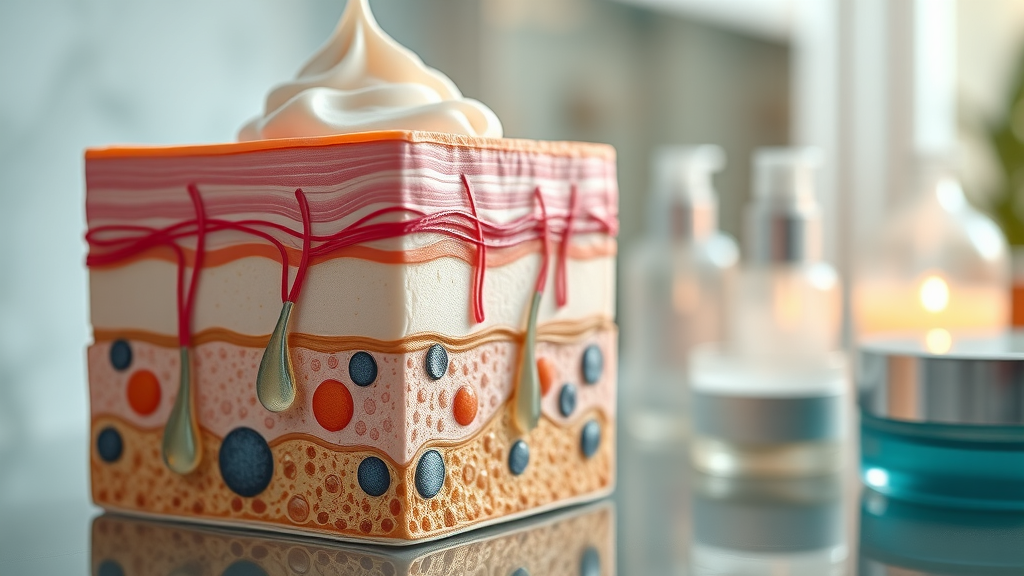
The field of skincare science encompasses various aspects of dermatology and product formulation. The skin is made up of multiple layers, with the outermost layer, the stratum corneum, playing a vital role in protecting the body against environmental factors like bacteria and pollutants. This barrier is composed of lipids and skin cells that help retain moisture and offer defense against harmful elements. Understanding these components is crucial for developing effective skincare routines and selecting appropriate products.
Understanding the Skin Barrier
What Happens When You Over-Exfoliate?
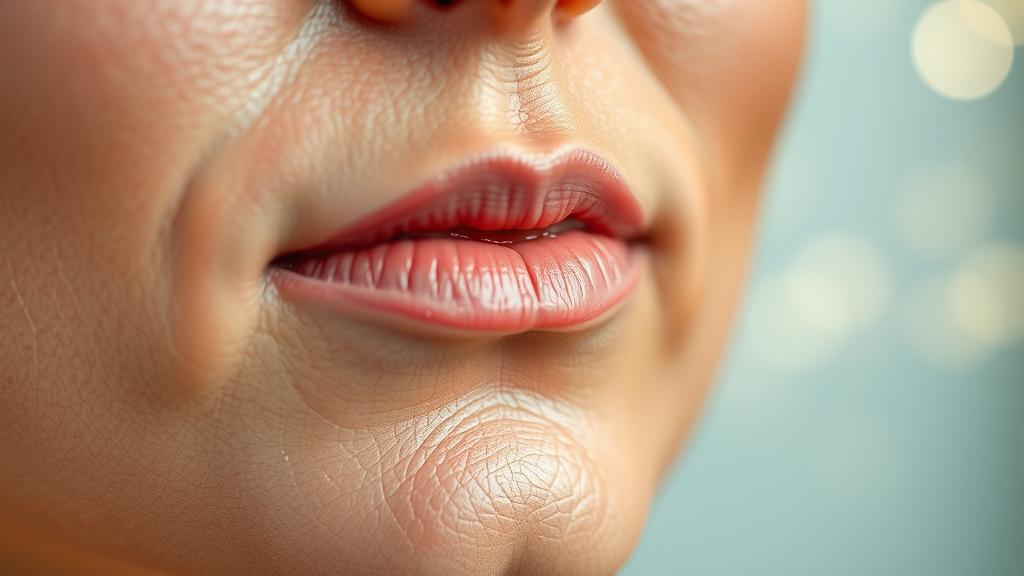
Over-exfoliation can significantly compromise the skin barrier. As noted by Claire Ward, "when you over-exfoliate the skin, you're kind of stripping the skin and taking away those lipids and oils over and over." This depletion can lead to increased sensitivity, sun damage, and a higher risk of infections, as the barrier that protects the skin is weakened. Striking a balance in exfoliation frequency is crucial for maintaining skin health.
How Often Should You Exfoliate Based on Skin Type?
Claire recommends a personalized approach to exfoliation based on skin type. For oily or combination skin, exfoliating two to three times a week may be acceptable. In contrast, those with dry skin should limit exfoliation to one or two times per week to avoid stripping essential oils and damaging the barrier.
Repairing a Damaged Skin Barrier
Key Ingredients for Skin Barrier Repair
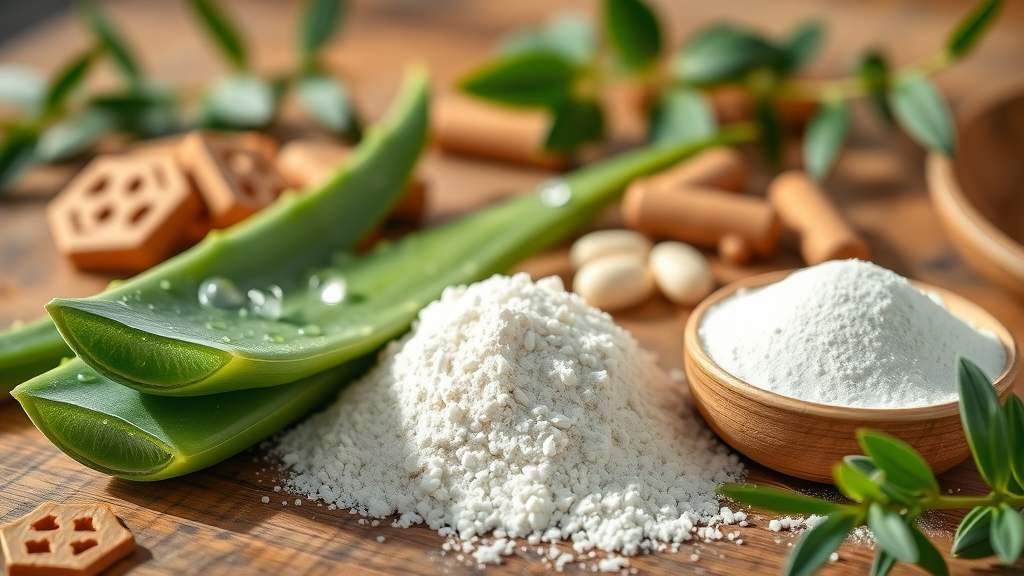
Repairing a damaged skin barrier is essential for restoring skin health, which can often take from four to six weeks. Claire suggests incorporating gentle hydrators like hyaluronic acid, ceramides, and glycerin into the skincare routine. These ingredients help replenish moisture and rebuild the skin's defense mechanisms. Additionally, avoiding irritating products such as strong exfoliants and harsh acids during the repair process is vital for achieving longevity in skin health.
The Importance of SPF in Skincare
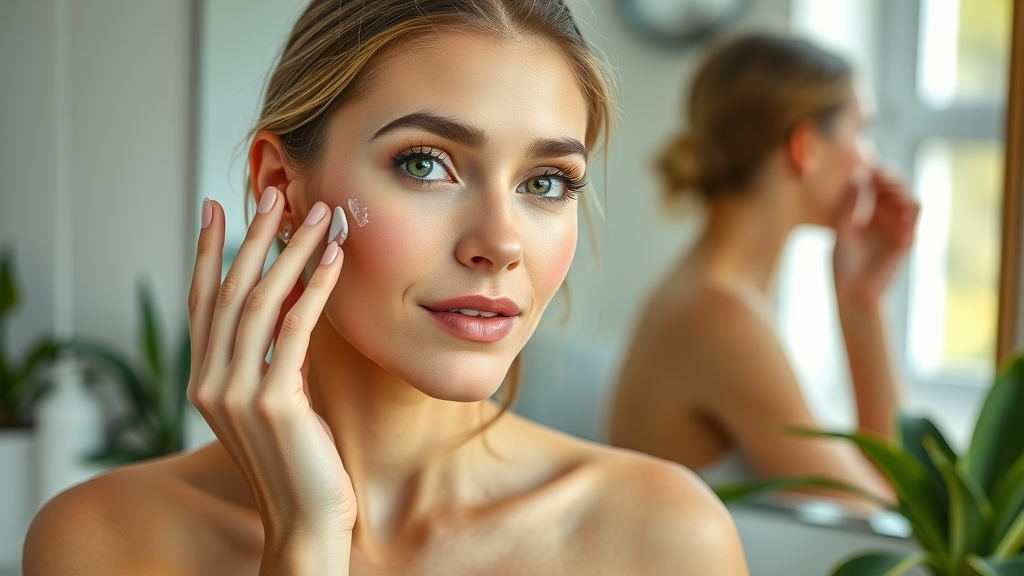
Sun protection is a crucial aspect of skincare science. Claire emphasizes the necessity of SPF as it prevents premature aging, skin cancers, and the darkening of spots. Regular use of sunscreen, regardless of the weather, is non-negotiable in maintaining a healthy skin barrier and overall skin appearance. For those interested in advanced skincare solutions, exploring products like Skinbetter Science's revolutionary face and neck cream can offer additional benefits.
Common Skincare Mistakes and Misconceptions
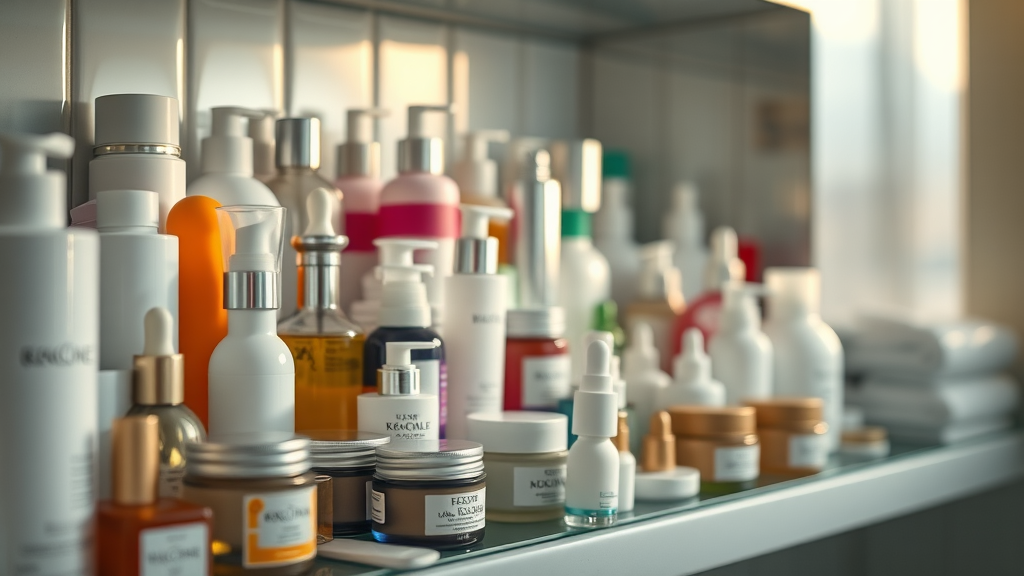
Many individuals struggle with common skincare mistakes, often fueled by misleading information. For instance, the myth that makeup containing SPF is sufficient for sun protection is pervasive. Claire notes, "I have yet to come across any makeup products that would have enough SPF in it to be effective." Understanding the limitations of makeup SPFs and incorporating adequate sunscreen application is essential for skin safety.
The Myth of Makeup with SPF
Makeup may provide an extra layer of protection, but it is not a substitute for a regular sunscreen application. To achieve the necessary protection, applying a sufficient amount of SPF underneath makeup is critical.
Using Too Many Active Ingredients

The allure of various skincare products often leads to confusion about which ones to use and how. Claire asserts that using too many active ingredients at once can contribute to skin irritation and barrier damage. Simplifying a skincare routine can lead to better results without overwhelming the skin.
Determining Your Skin Type
Genetic Skin Type vs. Skin Condition
Understanding the difference between genetic skin type and current skin condition is vital for choosing the right skincare products. Observing pore size and oil distribution can help individuals determine their skin type, allowing them to tailor their skincare routine accordingly.
How to Assess Your Skin Type
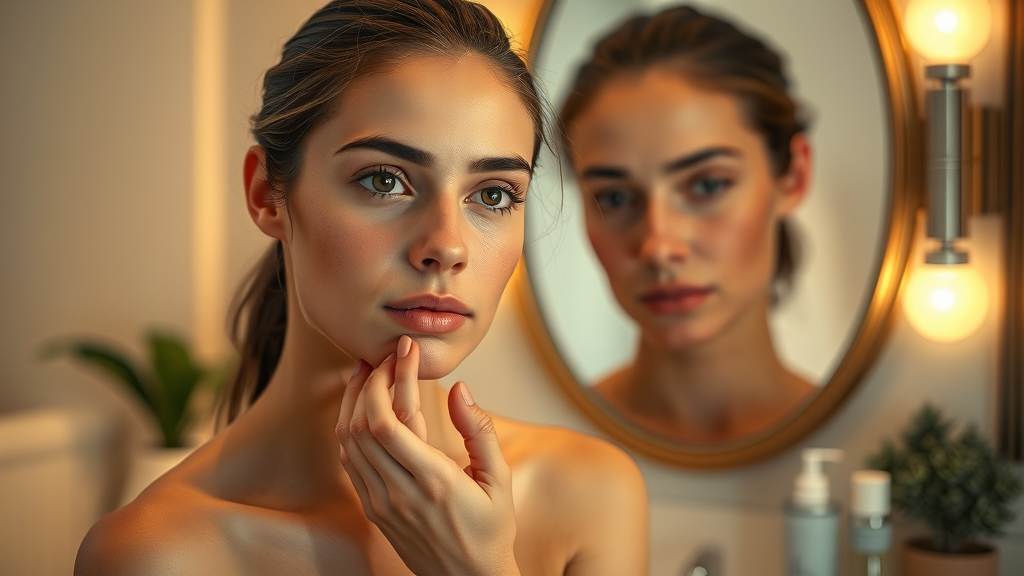
A simple method to assess skin type involves cleansing the skin and observing its conditions after a few hours. If the skin feels tight, it may indicate dryness; if it shines, oiliness or a combination type is suggested. Claire recommends a gentle approach to understanding your skin's needs, ensuring you tailor your routine to its unique characteristics.
Effective Skincare Routines
Simple Routines for Different Skin Types
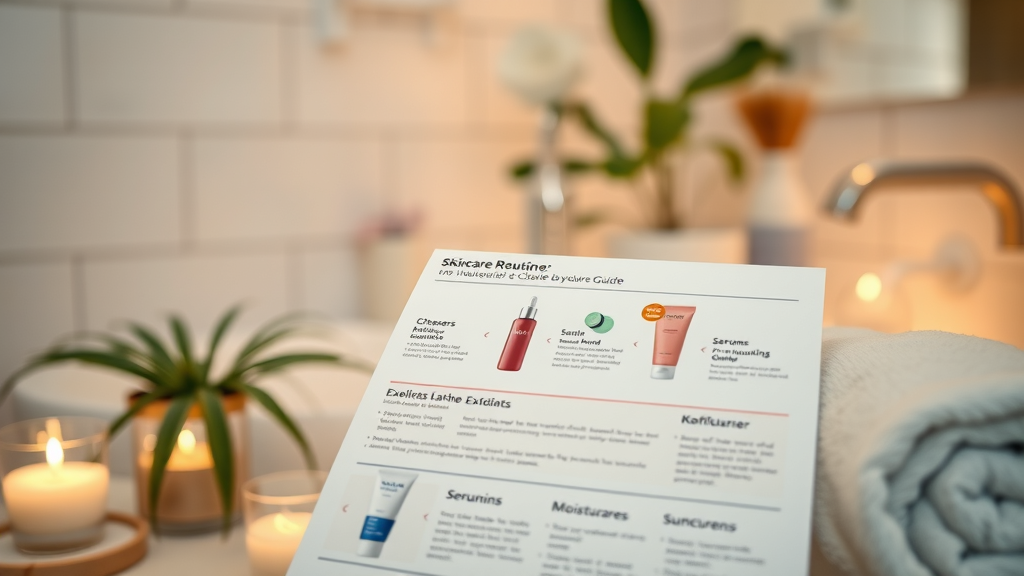
Establishing a skincare routine tailored to your skin type is essential for effective skincare. For someone with normal skin above the age of 25, a simplified regimen could include: a gentle cleanser, a vitamin C serum, moisturizer, and SPF during the day. Evening routines might involve a gentle cleanser followed by retinol or an acid on alternating nights.
The Importance of Professional Guidance
Professional consultations can demystify skincare and provide insight into personalized routines. Claire highlights the importance of working with professionals to navigate the overwhelming amount of information available in today's digital age.
People Also Ask
Is there any science behind skincare?
Yes, skincare incorporates various scientific principles, including the biology of the skin, product formulation, and ingredient interaction.
What is the 1% rule in skincare?
The 1% rule refers to the guideline to introduce new active ingredients gradually to minimize irritation.
Is SkinBetter science medical grade?
SkinBetter products are formulated with medical-grade ingredients, emphasizing efficacy and skin health.
What is the 4 2 4 rule in skincare?
The 4 2 4 rule involves cleansing the skin for four minutes with an oil cleanser, two minutes with a foaming cleanser, and four minutes of rinsing.
Key Takeaways
Understanding skincare science is crucial for effective skin health.
Gentle exfoliation is key; over-exfoliating can compromise the skin barrier.
Repairing skin requires hydration, protective ingredients, and SPF.
Consult with professionals for personalized skincare routines.
Be cautious of using too many active ingredients at once.
Conclusion
In summary, navigating the world of skincare science requires understanding your skin, being cautious about product usage, and consulting experts when necessary. Remember, maintaining a balanced skincare routine will lead to healthier, glowing skin.
Great skin isn’t about chasing trends—it’s about consistency, balance, and expert guidance. With Claire Ward’s expert advice, you can create a routine that’s effective, simple, and tailored to your needs. Ready to take the next step? Visit Rosebud Beauty By Claire to book a consultation and start your journey to healthier skin today.
Call to Action
If you're ready to elevate your skincare game, consider booking an online consultation with Claire Ward at Rosebud Beauty by Claire for personalized guidance.

 Add Row
Add Row  Add
Add 




Write A Comment